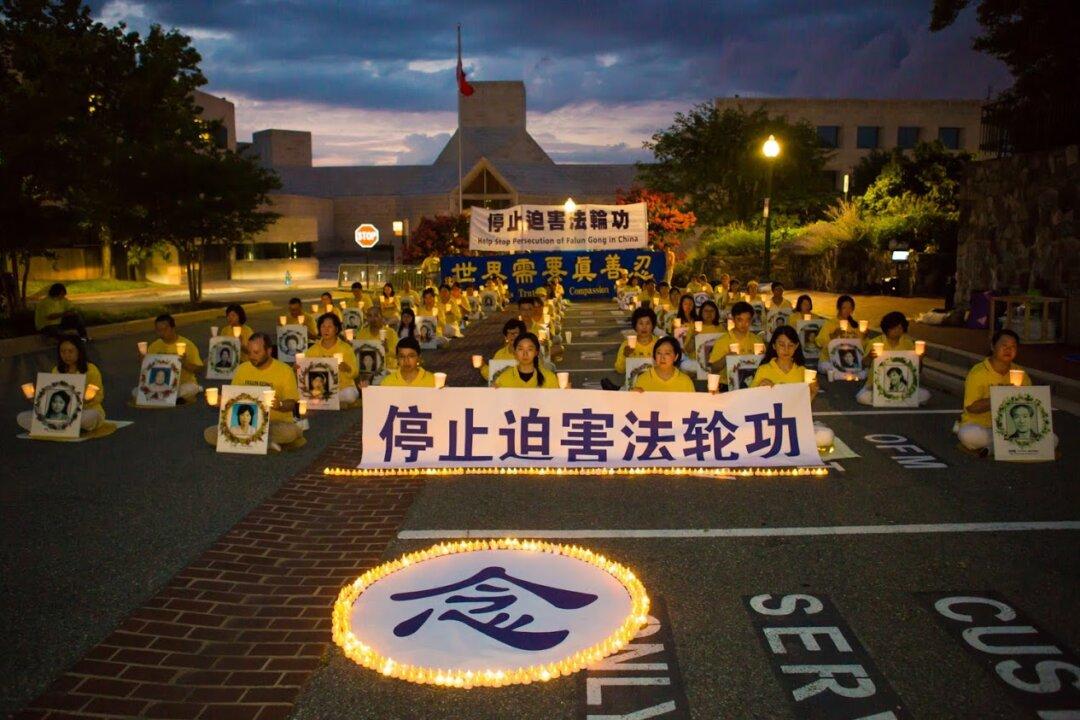WASHINGTON—President Donald Trump spoke optimistically at a White House roundtable on Aug. 23 devoted to the Foreign Investment Risk Review Modernization Act (FIRRMA)—legislation passed early this month to protect critical U.S. companies, high technology, and sensitive real estate from coming under foreign control.
Trump described the meeting, attended by members of Congress who were instrumental in passing the act, and Cabinet members, as being partly “productive discussion” and partly “a little bit of a celebration meeting.”




